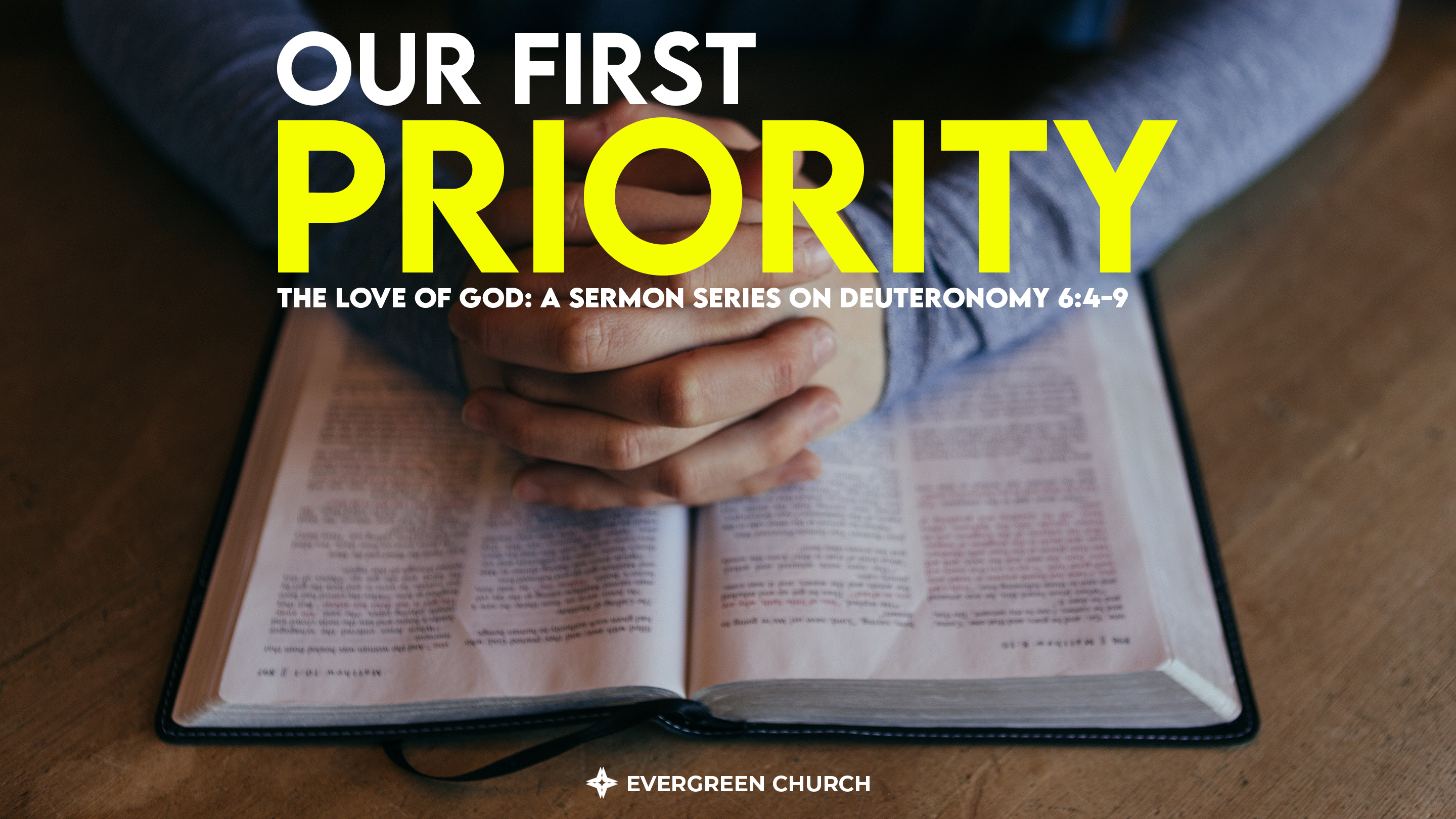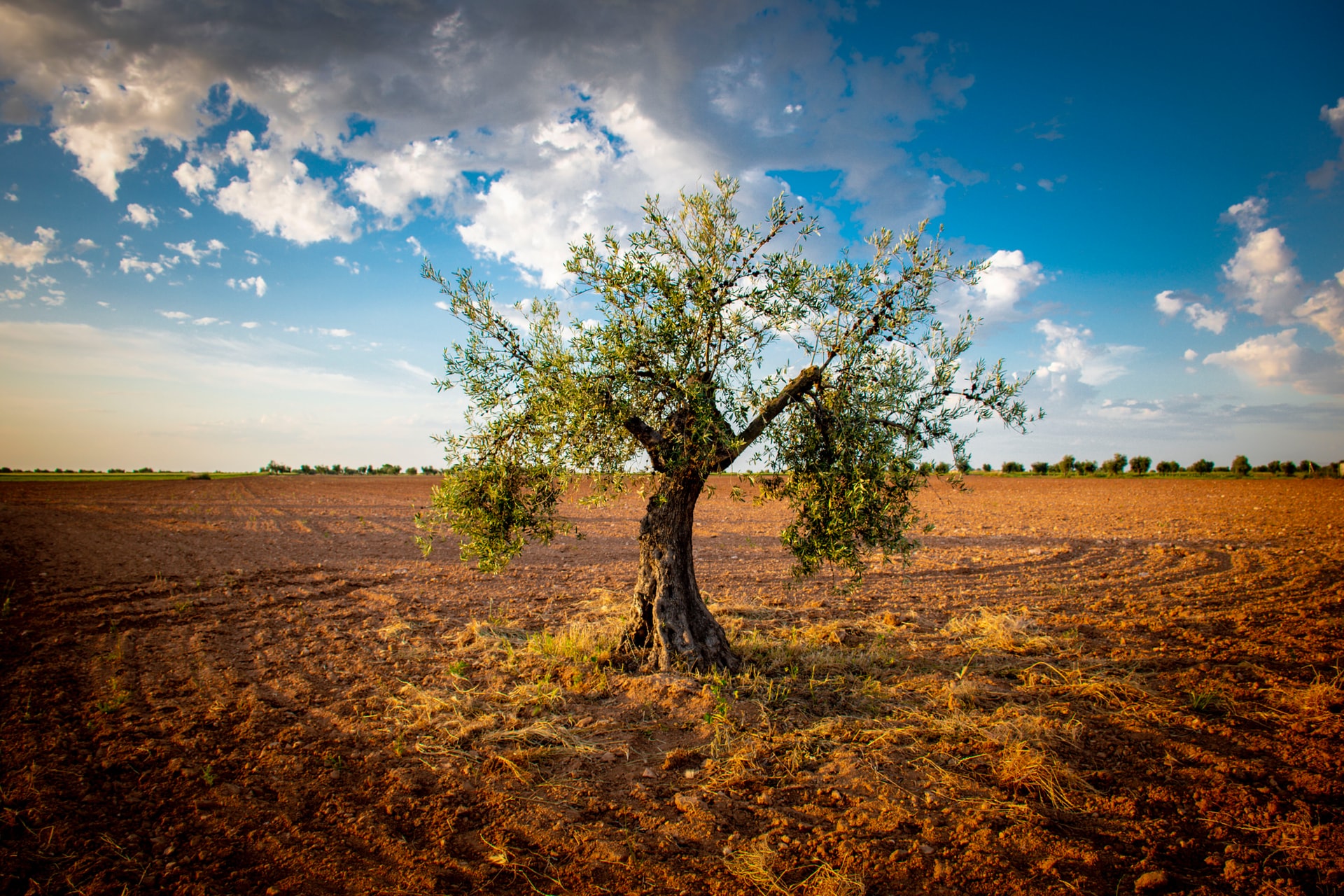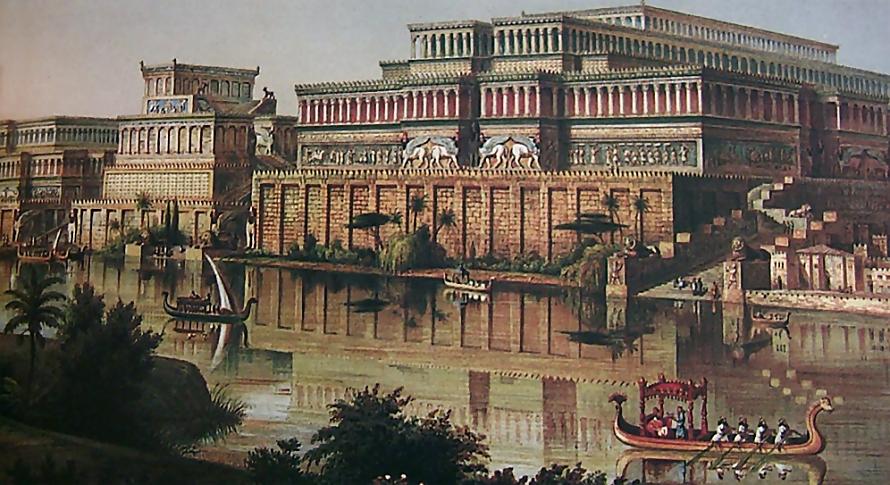
[Listen to an audio version here]
It’s always a surprise to people. This Pastor or this Priest or this Bishop has done something really bad in the name of religion. They used their position to abuse or bully or steal. It’s heartbreaking, and it’s the sort of thing that makes people question their faith. It’s the sort of thing that makes Christians ashamed before the world.
However, if we had understood better the biblical message, then we would not have been so surprised. Jesus was put to death by the religious leaders of his day! Now, the Pharisees and Saducees who put Jesus to death get a bad rap. However, we should see that even the faithful committed terrible sins. Moses hit the rock. Mark abandoned Paul. David murdered Uriah. Peter denied Jesus. The corruption that remains within believers can manifest itself in the worst sorts of sins.
Religion is something that can help us. It humbles us before the transcendent God. It helps us to see the common origin of human beings. Christianity teaches us that we are sinners in need of grace and that all that we have is a gift of grace.
However, no tool used against pride is immune from becoming a tool of our pride. Religion is no different. It can become a tool of our pride. We can use it to exalt ourselves. We can use it to justify our own injustices. We often are not fully aware that we are doing this. There is an element of self-deception involved.
That’s what Malachi’s audience experienced. They did wrong, but they didn’t see it. Malachi came sometime after Zachariah and Haggai. He spoke to a people who were religious and, in many ways, thought that they were doing alright. When Malachi confronted them with their sins, they said, “We are doing OK. How have we sinned?”
You can see that this leads right up to the time of Jesus. Malachi and Jesus are very similar in how they confronted the religious community. The religious community thought highly of the Bible. They followed it in many ways. However, they were guilty of adapting it to their own way of life. They tamed the Bible to fit what they were doing. They hadn’t committed adultery outwardly, for example, but they had done so in their hearts. They followed the command of the of the law and gave a certificate of divorce when they wanted to divorce their wives. However, they forgot that God’s intention was that the two would become one flesh and be united together for one lifetime!
This is the sort of thing that Malachi was confronting. In our own day, it’s just as easy for the religious person to adapt the Bible to their own lives. When there are clear opponents of God’s clear commands, it’s easy for us to justify ourselves because we are not like them. This is a dangerous illusion. So, how do we avoid falling into this trap? How do we avoid letting religion be a tool of our pride rather than a help to serving God and other people? That’s the question Malachi helps us with.
Around the south, you will hear something that recognizes this truth. They will say, Christianity is a relationship not a religion. There is truth in this. God wants to connect with us in an intimate relationship that is rather astonishing. However, it misses the fact that religion is not in itself bad. It is good. It is an organized way of connecting with the transcendent God. It also misses the fact that simply saying that religion is a relationship does not subdue our sinful corruption. In fact, this idea of relationship over religion could be just as easily be abused and has been as much as any other “religious” idea. A person could easily see themselves as exempt from rules and regulations because “it’s a relationship and not a religion.” No. No slogan will help us. We’ve got to get to the root. So, how do we do it? Let me suggest that Malachi teaches us that we should welcome testing, consider God’s transcendence, and wait on God’s timing.
Welcome Testing
The first three chapters of the book of Malachi follow a clear literary pattern. Malachi begins with a charge against the people like what we have in v. 17: “You have wearied the Lord with your words” (2:17). Then, he expresses how the people take it. “’How have we wearied him?’” you ask” (2:17). Then, he provides further explanation. When you say, “’All who do evil are good in the eyes of the Lord, and he is pleased with them’ or ‘Where is the God of justice?’” (Mal. 2:17). Now, this may seem like something that we might never say. However, when we think about it, it is much more common. In 3:14, Malachi provides further explanation. They say, “It is futile to serve God” (3:14). In other words, does it really pay off? Now, that’s a question we often ask. We may not do so explicitly, but we can say, what does it really matter to read the Bible or to gather with His people or to serve others or to love my neighbor? What really matters, we might really think, is building my own kingdom and doing those things most enjoyable in the moment.









